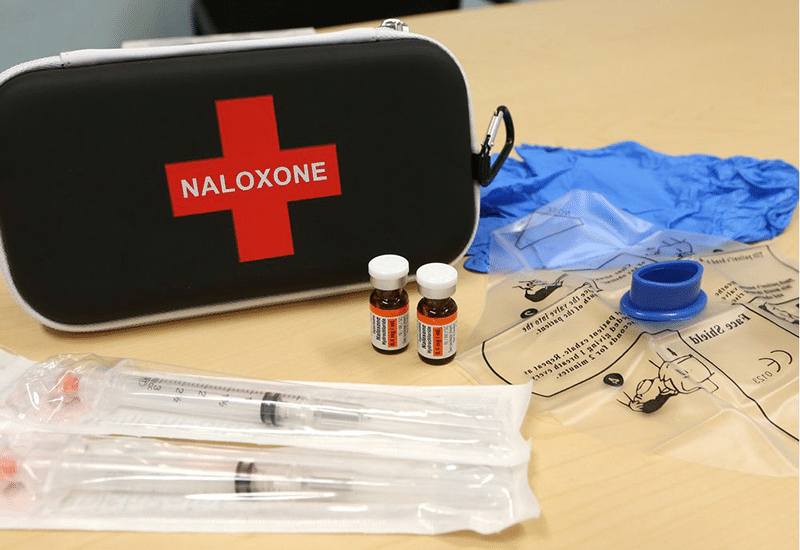British Columbia’s experiment in drug decriminalization has officially begun.
A provincial exemption to the federal Controlled Drugs and Substances Act went into effect on Jan. 31, making B.C. the first and only province to allow adults 18 and older to possess up to 2.5 grams of certain illegal substances for personal use, including heroin, fentanyl, cocaine, methamphetamine and MDMA. The pilot is due to expire in three years, on Jan. 31, 2026.
That means rather than seizing drugs, police who encounter people in possession of these substances will instead offer information about health and social supports. B.C. officials say decriminalizing small amounts of the exempted substances will help reduce the numerous hurdles that prevent people from accessing those services, with the ultimate goal of saving lives.
“Instead of being treated as a criminal, they will be treated with care and compassion. It will help break down stigma; the fear and shame around substance use,” said B.C. Minister of Mental Health and Addictions Jennifer Whiteside during a press conference in Vancouver on Jan. 30.
The province calls the policy change “a critical step in B.C.’s fight against the toxic drug crisis” that has claimed more than 10,000 lives since British Columbia first declared it a public health emergency in April 2016.
B.C.’s overdose death rate is more than double the national average. Last year, 2,272 British Columbians—or about six people per day—died as a result of suspected drug toxicity. It was the second-highest annual death count recorded in B.C., after the province tallied a record 2,306 fatalities in 2021.
Will decriminalizing the use of these substances help erase the stigma?
Whistler Community Services Society’s (WCSS) outreach team has been working with local RCMP to get the message out about the policy change through initiatives like its peer educator program and naloxone training sessions, said WCSS outreach services program manager Lisa Coulter. Read the full PIQUE article here.

